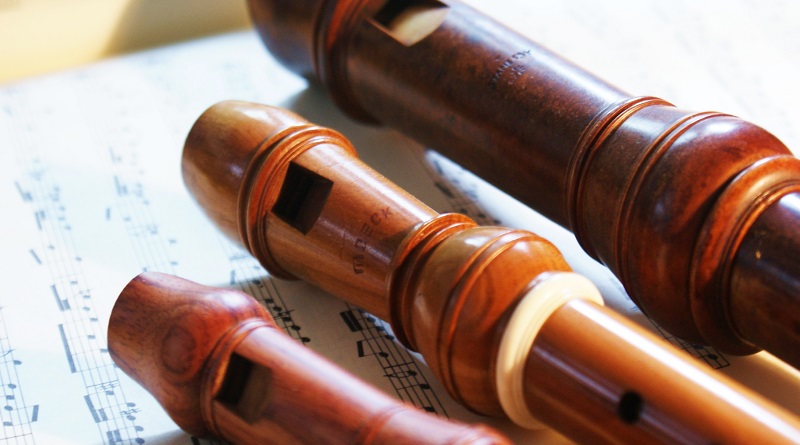Do you have a passion for Irish culture? Do you want to develop your skills and knowledge of different areas from Irish traditional music to contemporary dance and more? If you have an interest in performing and want to improve even further then this could be a great course for you.
What is Performing Arts (Irish Trad Music, Traditional Irish Dance etc)
This course will help you improve your performance skills and knowledge while including forms of musical and artistic expression covering Irish Traditional Music, Traditional Irish Dance, Contemporary Dance, Voice and World Music.
What third level courses are available?
Universities and colleges in Ireland are offering courses in the following subject areas:
- Performing Arts (Irish Traditional Music, Traditional Irish Dance, Contemporary Dance, Voice and World Music) – UL
Related:
- Irish Traditional Music Performance
- Music
- Music and Instrument Technology
- Music and Sound Engineering
- Traditional Jazz and Contemporary Music Performance
Studying Performing Arts (Irish) in college
This is a very unique course of its kind that is offered by the University of Limerick. It is a four year, Level 8 course that will give students the opportunity to develop their performing skills and knowledge in the area. There may be other similar courses to focus on developing performing skills but this course is specific to areas such as Traditional Irish Dance, Traditional Irish Music and more.
Your first year of any undergraduate course will act as a foundation year. You will become familiar with the basic principles of Performing Arts in relation to performance. You will also become familiar with what is to come throughout your course and develop your skills and interest in different areas. Throughout your first year you will be mainly focused on your own performance practice. You will be introduced to classical, popular, traditional and world music and dance through a performative lens.
Your second year will introduce you to more complex and in-depth information and modules to add your foundation. From second year onwards you will focus on specialist modules in the five main areas of this course which are Irish Traditional Music, Traditional Irish Dance, Contemporary Dance, Voice and World Music.
Modules you will cover throughout your course will include music and dance education, ethnomusicology and ethnochoreology, professional skills, research and arts and health and many more areas. You will focus on different elements of your genre of performance which include modules from music theory, keyboard skills, vocal technique, yoga, pilates and traditional dance technique to contemporary dance technique, movement awareness and many more. You will also explore areas that you will never have looked at before.
As part of this course you will also choose electives to go with your core modules. These electives can be chosen from a broad range of topics from languages, history, sociology, performance practice to choreography and composition and more.
Career Options
There are a broad range of careers you can choose from with a degree in Performing Arts. There are career prospects in teaching, performing, producing, production, being a musician and even in areas of media and many more.
There are also opportunities to continue your study at postgraduate level to specialise in an area of your interest. Opportunities in education and research may also be available.
Skills and qualities that are important in this area include excellent creativity skills, confident, disciplined, excellent communication skills, the ability to work well with others, organisation skills, time management skills and the ability to work under pressure. A passion and flare for music are also helpful as well as a passion for all things traditional Irish music and dance and stage presence.
Related Jobs
- Music/Dance teacher
- Music/Dance Therapy
- Community Music/Dance
- Professional Performance
- Music Technology, e.g. recording studio producer/technician
- Backstage work in performance theatre
- Media
FAQ
Different courses and different colleges will have different entry requirements. It’s always safest to check with the individual higher education institution which is available on their websites. As a general rule. Leaving Cert students should have a minimum of six subjects which should include: Two H5 (Higher Level) grades and Four O6 (Ordinary Level) grades or four H7 (Higher Level) grades. Subjects must include Mathematics, Irish or another language, and English.
Specific courses may have their own requirements. Certain QQI courses may be accepted.
The points required to study Performing Arts in the University of Limerick last year were 303 points. There may be an audition/interview required to secure a place.
Where can I study?
For other courses in the area you would like to explore, you can do so here.
Did you know?
- There are two types of Irish dance – hardshoe and softshoe.
- The roots of Irish dance come from the Celts and the Druids
- Irish music features a plethora of instruments, including the fiddle, tin whistle, banjo, accordion, uilleann pipes, and bodhrán drum
Resources
Student Grant Scheme












Comments